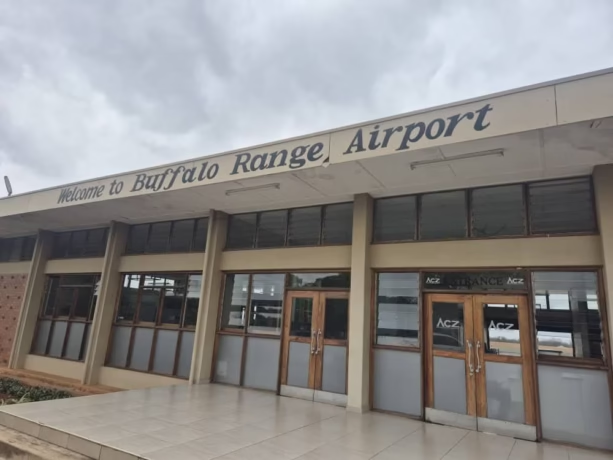
Zimbabwe’s domestic resource mobilisation agenda has received a major boost as tax collections have, with immediate effect, gone digital to improve efficiency, reduce costs, save time, and plug revenue leakages.
The transition reflects the Second Republic’s commitment to modernising operations in line with global trends, with the new Tax and Revenue Management System (TARMS) expected to transform the tax administration landscape.
“This is a step in the right direction. If you follow global trends, then it is inevitable that most economies are adapting to such noble standards that seek to enhance transparency. This trend will benefit the industry in terms of bottlenecks involved in the payment of taxes,” said ZB Bank Chief Executive Officer-Banking, Mr Elisha Chibvuri.
Principal at the Africa Centre for Customs, Excise and Trade Studies, Mr Elisha Tshuma, underscored the long-term gains of the system.
“Zimbabwe is forging ahead with development projects that have translated into the current growth mode being funded locally. Coming up with a system that eases the cost of transactions for the taxpayer means saving time and encouraging the culture of paying taxes, a norm in all globally advanced economies. It is my hope that the trend will positively affect tax payment systems across the board,” he said.
ZIMRA’s Board Chairperson, Mr Anthony Mandiwanza, described TARMS as a critical pillar for national development.
“Over 90 percent of government programmes are funded through ZIMRA collections. Enhancing transparency and broadening the tax base through TARMS will not only improve revenue inflows but also support sustainable economic growth. This system is a critical enabler for the country’s broader development agenda,” he said.
Deputy Minister of Finance, Economic Development and Investment Promotion, Honourable Kudakwashe Mnangagwa, stressed that digital tax payment methods are set to strengthen Zimbabwe’s domestic revenue mobilisation strategy.
“With this system, one can now access real-time tax data without physically visiting ZIMRA offices. It aligns with our Mid-Term Budget Review and allows for timely and accurate reporting, aiding policy decisions and enhancing accountability to the public. This is key to achieving our Vision 2030 goals of becoming an upper-middle-income economy,” he said.
Like other developing economies, Zimbabwe is banking on harnessing technology-driven efficiencies to sustain ongoing development projects and accelerate economic transformation.




